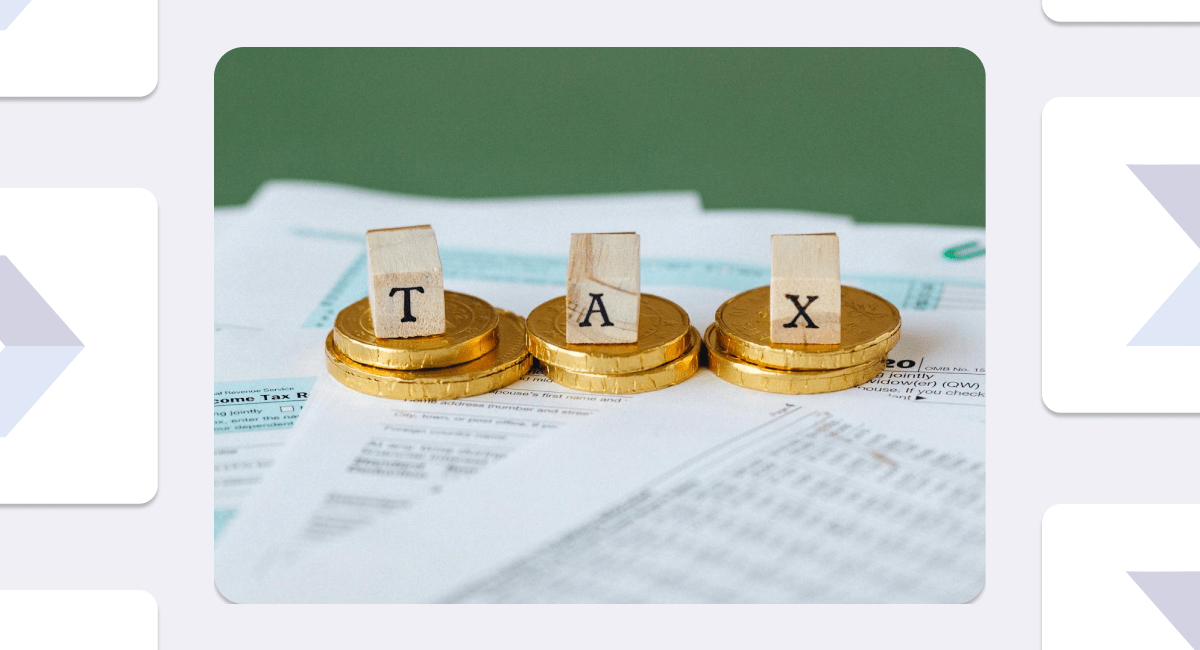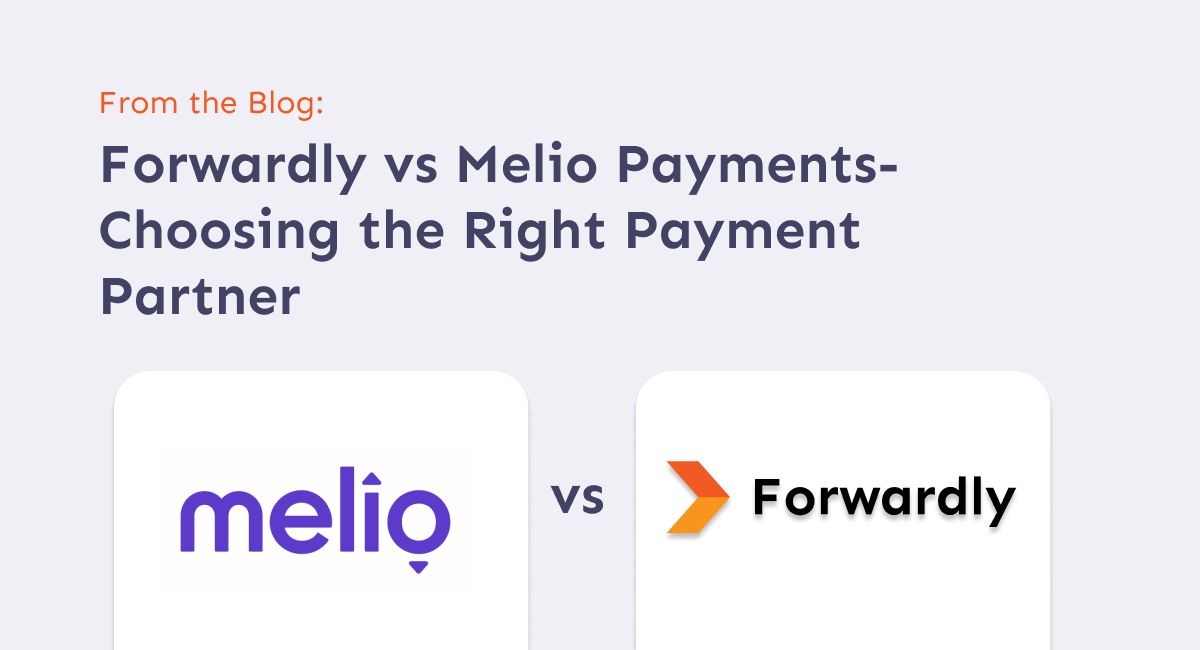Tax season. Just hearing the words is enough to make many controllers and finance professionals tense up. The pressure of reconciling accounts, managing deadlines, and ensuring compliance can feel overwhelming. But tax season in 2025, it doesn’t have to be this way. With the right tools and strategies, tax season can become more manageable, efficient, and even… dare we say it, stress-free.
The IRS has announced that the 2025 tax filing season officially kicks off on January 27. While this might feel early, it’s actually a blessing in disguise for controllers who start planning now.
Early filing can help you avoid last-minute rushes, prevent potential penalties, and take advantage of refunds sooner. Here we have five ways to take the stress out of the tax season for you:
Automating accounts payable to reduce tax stress
Manually managing accounts payable during tax season can feel like a nightmare. Between missing invoices and late payments, the potential for errors skyrockets. That’s where automation comes in.
- Businesses using AP automation save up to 30% of the time they’d otherwise spend on manual processes.
- Automation reduces compliance errors by 75%, ensuring smoother tax filings.
Why real-time payments are a tax season lifesaver
Real-time payments have rapidly become essential for businesses, and their importance is amplified during tax season. The Clearing House reports a 41% increase in real-time payments usage in 2024, and this trend is expected to grow even further in 2025.
- Better cash flow: Instant payments mean you can pay your bills right on time and keep cash moving, which is key when tax deadlines hit.
- Fewer errors: Real-time payment records make it easier to report transactions accurately and avoid IRS penalties.
- More time for what matters: Automating payments means you can stop worrying about checks getting lost in the mail or manual payment errors.
Integrate your financial systems
When tax season rolls around, having scattered financial data can turn into a major headache. Data silos slow down processes, increase the risk of errors, and make reporting more stressful than it needs to be. The key to overcoming this challenge? Seamless integration. By connecting your accounting, payroll, and accounts payable (AP) systems, you can simplify financial management, reduce manual work, and ensure everything stays accurate and up to date. Here’s how integration can make a difference:
- Reduce reconciliation time.
- Eliminate duplicate entries.
- Access real-time insights for faster decision-making.
If you’re using tools like QuickBooks, Xero, or NetSuite, look for integration-friendly solutions like Forwardly that work seamlessly with these platforms.
The IRS is changing the rules, are you ready?
Keeping up with regulatory updates is non-negotiable for controllers. One major shift this year is the evolving IRS rules for 1099-K reporting. You might have heard of the “$600 rule”—a threshold that could bring millions of new people into the 1099-K world. While that’s not happening just yet, the threshold has dropped significantly for 2024 tax returns (filed in 2025).
- The new threshold: Payment platforms like PayPal, Venmo, Etsy, and Stripe now issue 1099-K forms for anyone earning $5,000 or more, no matter how many transactions. This is a big drop from the old limit of $20,000 and 200 transactions.
- What it means for you: More forms are going out, and more people will be caught up in this change. For businesses, that means extra work reconciling these forms with your own records.
- Looking ahead: The IRS plans to lower this threshold even further, possibly to $2,500 in 2025 and $600 in 2026. So, this isn’t the last change you’ll see.
If you get a 1099-K, double-check that the reported amounts match your records. And if there’s a mistake? Don’t panic, just reach out to the platform that sent it to get things fixed.
Don’t forget about your own well-being
Controllers often bear the brunt of the workload, leading to stress and burnout. 57% of accountants experience higher stress during tax season, and 29% have considered leaving the profession because of it.
- Set boundaries: Schedule work hours and stick to them.
- Delegate tasks: Share the load with your team or invest in tools to lighten the burden.
- Take breaks: Even a short walk or a 10-minute breather can work wonders for your focus.
2025 is shaping up to be a year of big changes, but it’s also a chance to rethink how you approach tax season. With a bit of planning and the right strategies, you’ve got this. Let’s make this tax season the one where controllers come out on top.
 Back to Blog
Back to Blog


